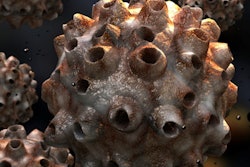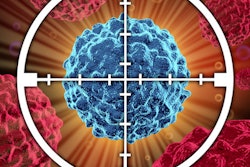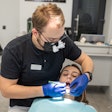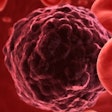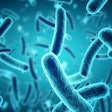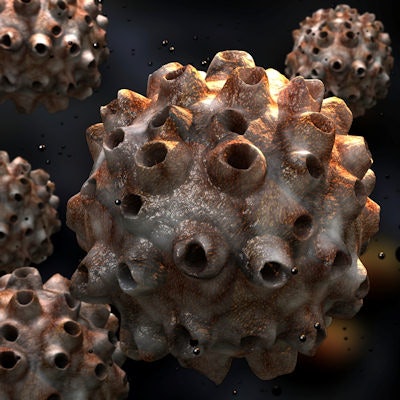
A single dose of the HPV vaccine may be as effective at protecting against cervical cancer as the recommended two or three doses, according to a new study published online on December 27 in JAMA Network Open.
"These findings support previous observational studies and post hoc analyses of vaccine trials that demonstrated comparable effectiveness of one dose to two or three doses," wrote the authors, led by Kalyani Sonawane, PhD, of the Center for Healthcare Data at the Department of Management, Policy, and Community Health at the University of Texas Health Science Center at Houston (UTHealth) School of Public Health.
More than a decade after the introduction of the HPV vaccine in the U.S., it is reported only 51.1% of adolescents have completed the vaccine series, while a greater percentage (68.1%) received at least one dose. The suboptimal series completion rate in the U.S. is partly attributable to the barriers, including unawareness of or forgetting the need for additional doses, lack of insurance coverage or healthcare professional recommendations, and less frequent contact with the medical system, according to researchers. To simplify the recommendations, trials are evaluating the efficacy of a single-dose regimen.
Despite the promising findings, the study had some limitations. The cross-sectional design precluded the researchers from evaluating the timing of HPV vaccination compared with potential exposure. Also, immunization history was self-reported, making it prone to bias and preventing researchers from concluding the effectiveness of individual doses.
"If ongoing trials confirm sufficient efficacy and sustained duration of protection from a single-dose regimen, vaccine initiation (as opposed to the series completion) will become a more achievable metric of population coverage," they wrote.




